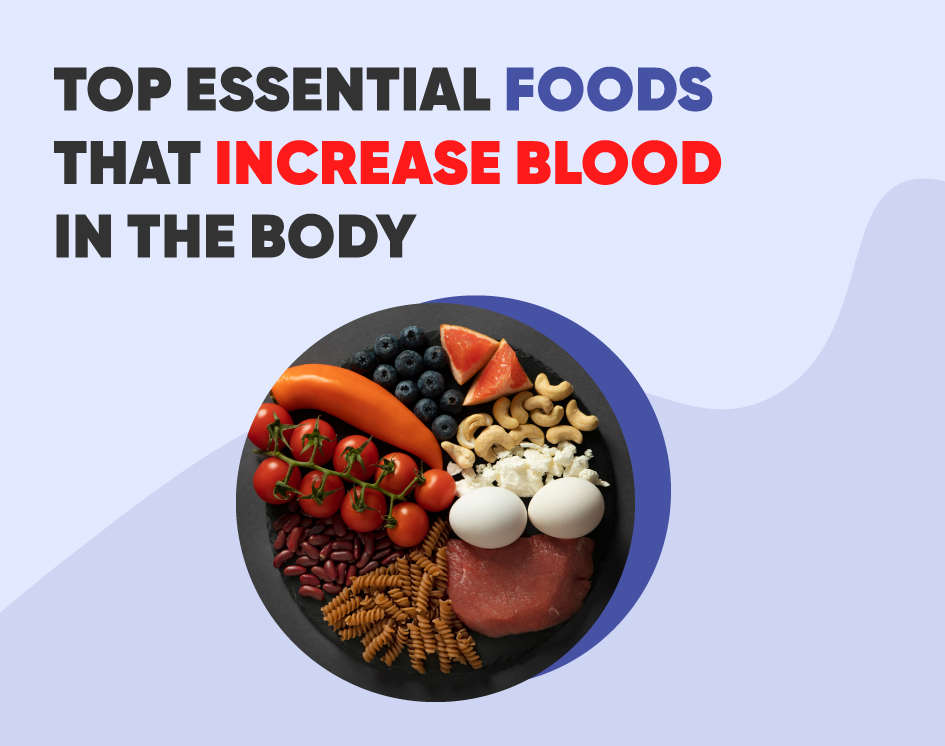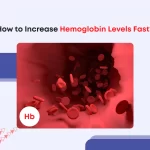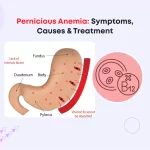
Top Essential Foods that Increase Blood in the Body
Blood is a vital component of the human body, responsible for transporting oxygen, nutrients, and hormones to every cell, as well as removing waste products and carbon dioxide. Maintaining healthy blood levels is crucial for overall well-being and optimal body function. Anemia a condition marked by a deficiency of red blood cells or hemoglobin, can lead to fatigue, weakness, and impaired immunity. Thankfully, there are several essential foods that can naturally boost blood production and help prevent anemia. In this article, we will explore the top foods that increase blood in the body.
1. Leafy Green Vegetables
Leafy green vegetables like spinach, kale, and Swiss chard are rich in iron, an essential mineral required for hemoglobin production. Hemoglobin binds with oxygen in the lungs and carries it to tissues throughout the body. Consuming iron-rich greens can significantly improve blood hemoglobin levels and prevent anemia. These vegetables are also packed with vitamin C, which enhances iron absorption.
2. Red Meat
Red meat, such as beef and lamb, is an excellent source of heme iron, which is highly bioavailable and easily absorbed by the body. This type of iron is particularly beneficial for individuals with iron-deficiency anemia. Additionally, red meat is rich in vitamin B12, which plays a crucial role in the production of red blood cells. However, it’s essential to consume red meat in moderation and balance it with other protein sources.
3.Beans and Legumes
Beans and legumes, such as lentils, chickpeas, and black beans, are plant-based sources of iron, making them an ideal option for vegetarians and vegans. Although the iron from plant-based sources is not as readily absorbed as heme iron, pairing these foods with vitamin C-rich sources, like tomatoes or bell peppers, can enhance iron absorption. Moreover, beans and legumes are also rich in folate and vitamin B6, which support red blood cell production.
4. Fortified Cereals
Fortified cereals are a convenient and accessible way to increase iron intake. Many breakfast cereals are enriched with iron and other essential vitamins and minerals. When choosing fortified cereals, opt for whole-grain varieties with lower sugar content for a healthier choice.
5. Poultry
Chicken and turkey are excellent sources of lean protein, vitamin B6, and vitamin B12, all of which play vital roles in blood production. Vitamin B6 is necessary for hemoglobin synthesis, while vitamin B12 is essential for red blood cell formation. Consuming poultry in moderation can contribute to overall blood health.
6. Seafood
Seafood, such as salmon, tuna, and oysters, provides not only heme iron but also omega-3 fatty acids. Omega-3s promote healthy blood circulation and can reduce the risk of cardiovascular disease. Oysters, in particular, are rich in zinc, which aids in the production of hemoglobin and red blood cells.
7. Nuts and Seeds
Nuts and seeds, including almonds, pumpkin seeds, and sunflower seeds, are packed with nutrients such as iron, folate, and vitamin E. Vitamin E helps protect red blood cells from damage, and folate plays a crucial role in DNA synthesis during red blood cell production.
8. Beetroots
Beetroots are rich in iron, vitamin C, and folic acid, making them a powerful food to increase blood levels. Additionally, beetroots contain nitrates that improve blood flow and oxygen delivery to the cells. You can enjoy beetroots in salads, juices, or even roasted as a side dish.
9. Citrus Fruits
Citrus fruits like oranges, lemons, and grapefruits are abundant sources of vitamin C, which enhances iron absorption. Including citrus fruits in your diet can improve the efficiency of iron uptake from plant-based sources and support red blood cell formation.
Bottomline
Maintaining healthy blood levels is essential for overall health and vitality. Including these top essential foods in your diet can significantly increase blood production and prevent anemia. Remember to maintain a balanced diet, stay hydrated, and avoid excessive consumption of processed foods and sugary beverages. If you suspect you have anemia or any other health condition, consult a healthcare professional for proper diagnosis and treatment. With a well-rounded diet and a focus on nutrient-rich foods, you can promote optimal blood health and enhance your overall well-being.








